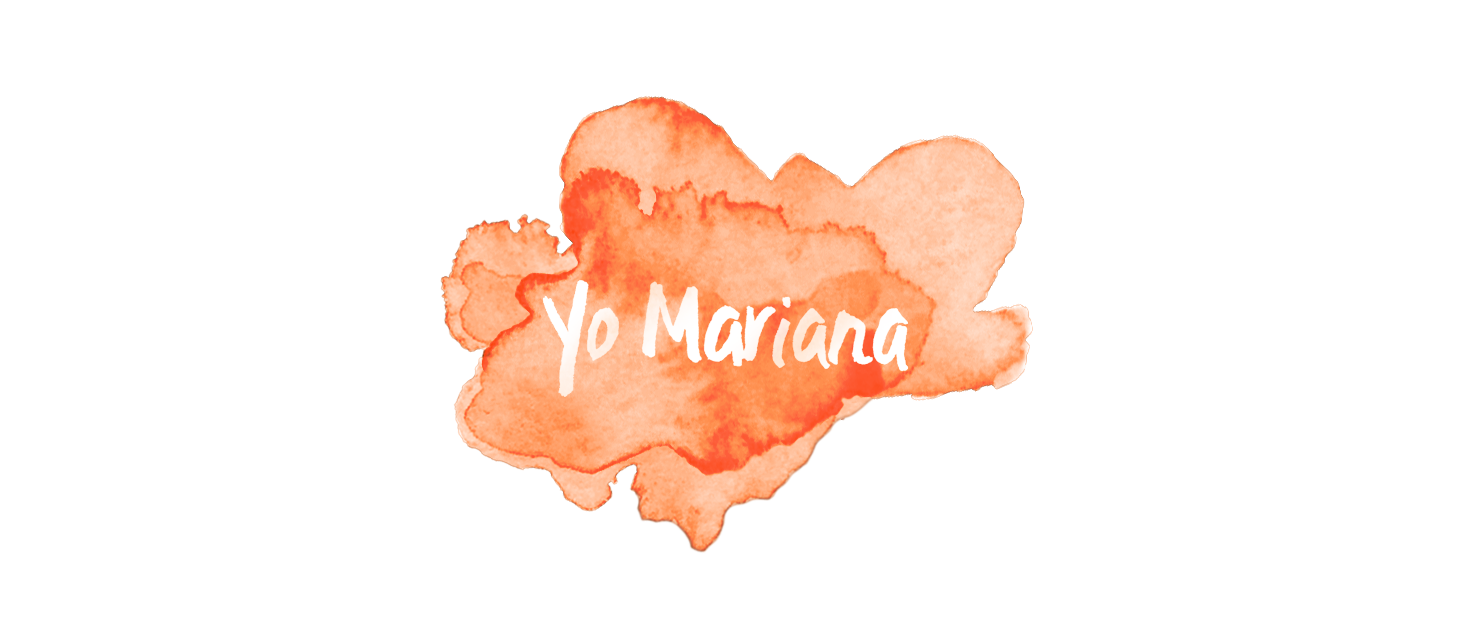Red Ribbon Week: A Drug-Free Future for our Children
/"She gets her hair from her mom, her eyes from her dad, and her drugs from her grandma's medicine cabinet"
This phrase really struck a chord when I first heard it in the Red Ribbon's Week 2017 campaign video. It talked about how one person can make all the difference in a child's future and I couldn't agree more. As parents we have the power to help our children grow in a safe, healthy and alcohol and drug-free environment, however, the situations where our kids could be at risk have changed significantly from the ones we faced as teenagers.
For many years I've witnessed how my children's school celebrates the Red Ribbon Week every year to raise student's awareness and to commit to a life free of drugs and alcohol. As a continuation of such effort, I always try to transmit that same message at home talking to my kids about their risks, however, how can I be sure that they are actually understanding what a drug and alcohol-free life means? How can I make sure that my kids, especially my 12-year old who is entering adolescence, will make the right choices when that time comes?
That's why today I join the Red Ribbon Week campaign with the Texas Health and Human Services Commission that kicks off in Austin on October 12th, so that as parents, we can find better tools and strategies to have that uncomfortable conversation with our kids as soon as possible. And not just a one-time conversation, but a continuous one that evolves with them throughout the years.
The way teenagers use drugs has changed.
It's no longer enough to say no to a marijuana cigarette at a party, now young adults are looking to experiment with over-the-counter and prescribed medications that they can easily find in their parent's or grandparent's medicine cabinet. Only last year, 1.4 million kids between the ages of 12 and 17 experimented with the inappropriate use of medicines. In the last 10 years, there's been a 400% increase in the abuse of prescribed drugs and the problem is only rising.
Did you know that kids who talk to their parents about this subject are less likely to use drugs than the ones who don't? That's why now more than ever we should all talk to our kids about this new risk, using these six strategies recommended by the Lock your Meds and the Red Ribbon Week campaigns.
1.- Talk to your kids about the risks of inappropriate use of medication without a doctor's supervision. They have to understand that they are just as lethal and addictive as street drugs and that not because a doctor prescribed them, those medicines are now a "safe and legal high".
2.- Lock your meds or store them in a safe and controlled place. Check your medicine cabinet and throw away expired medications and if you can, make an inventory of what you have.
3.- If your child is taking prescribed medications, check when they take them and establish a very clear rule about not sharing medications with their friends.
4.- Keep an open communication channel with your kids. The ideal situation is to trust them, however, we should always be alert of conversations and texts with their friends. Here’s just an example of the different codes and words kids use nowadays so that they don't get caught.
5.- Talk, talk and talk with your children exhaustively. Teenagers become addicted to medicines for many reasons such as, the pressure to be alert and concentrated in class, to get better grades, to "fit in" certain groups of friends, to sleep better or be able to alleviate stress due to everyday responsibilities, to lose weight, or simply to escape from reality, but above all, because of the easy access they have to them.
6.- To talk to our kids about these kind of difficult subjects can be very scary, but lets try to do it in a calm and relaxed setting, giving our kids the freedom to ask all the questions they might have.
It's practically impossible to keep our children inside a safe bubble, sooner rather than later, just as we did as teenagers, they'll have to confront situations where their best judgment will be put to the test and that will be their only weapon. We'll not be right next to them anymore to tell them what to do, they'll only have our teachings to defend themselves and make their own decisions. A good tip we can give our children is that by saying "no, thanks" or " my parents would ground me forever" can give them a simple way out.
That's why if you notice a behavioral change in your kid, don't doubt yourself, listen to your instinct because most likely something is probably off and be sure that it's never too late to start a relationship of trust and communication with your children.
For more information and resources go to these websites lockyourmeds.org redribbon.org. and drugfreetexas.org to learn more.
Help me spread the word about this wonderful campaign that kicks off in Texas on October 12th in Austin by sharing this post.
Red Ribbon Week will be from October 23rd to the 31st.












































